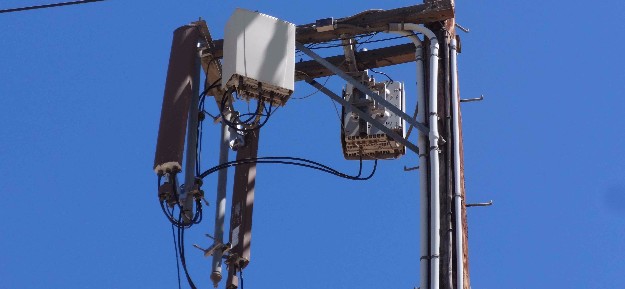
Preemption of municipal ownership of street lights and other vertical infrastructure failed in Sacramento this year because of overreach, not because there’s fundamental opposition to the concept. Mobile carriers and other telecoms companies will deploy bus loads of lobbyists armed with bags of cash sincerely worded nonsense arguments to push it through again next year.
The California legislature approved senate bill 649 by a slim, but sufficient, margin. Governor Jerry Brown finally nixed it, but said in his veto message that “there is something of real value in having a process that results in extending this innovative technology rapidly and efficiently”.
It’ll be back. The question is what will it look like?
One clue comes from a senate committee hearing this past May. After flying through the senate energy, utilities and communications committee – chaired by the bill’s author, Ben Hueso (D – San Diego) – SB 649 landed in the governance and finance committee. It’s supposed to look after concerns of local governments, and at least some senators – Mike McGuire (D – Sonoma County) chief among them – took that responsibility seriously.
A somewhat less one-sided version was negotiated with lobbyists for mobile carriers, and then approved by the governance and finance committee. It wasn’t enough to bring city and county associations on board, but it does offer a clue as to what might qualify as the “more balanced solution” Brown wants. One key provision allowed local agencies to charge $850 a year for wireless equipment attachments to street lights, traffic signals and other vertical assets, instead of the $250 annual lease payment that was eventually approved.
In some Californian cities, $850 would still be below market rates, but statewide it wouldn’t be the complete gift to wireless companies that SB 649 eventually became. Combined with more generous allowances for cities and counties to hold particular assets off the market for their own reasons, it might be just enough tip the balance.
